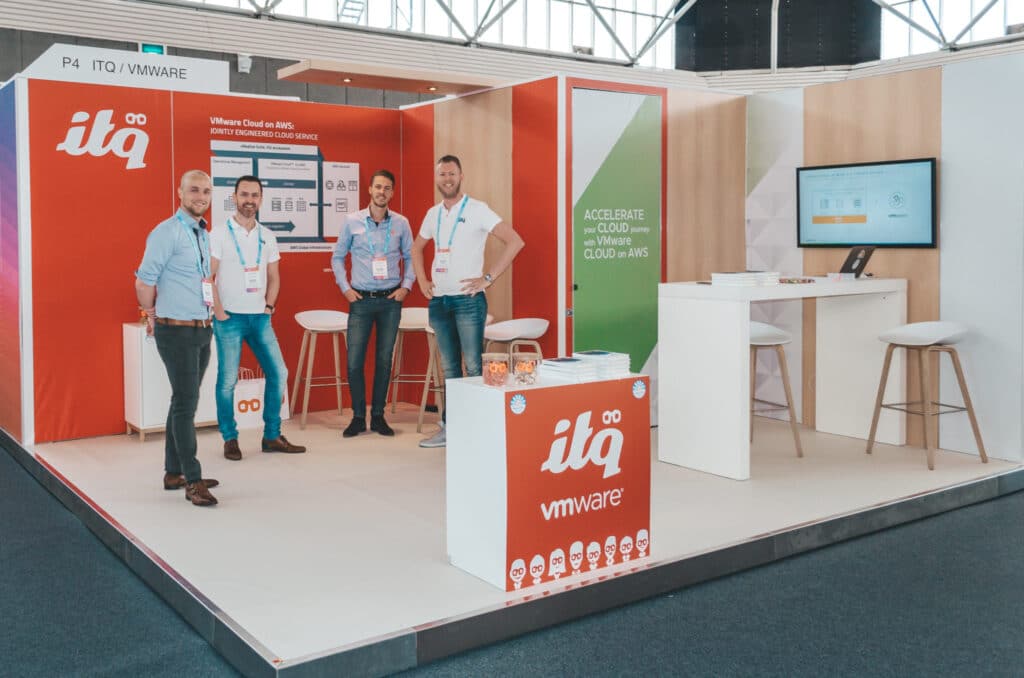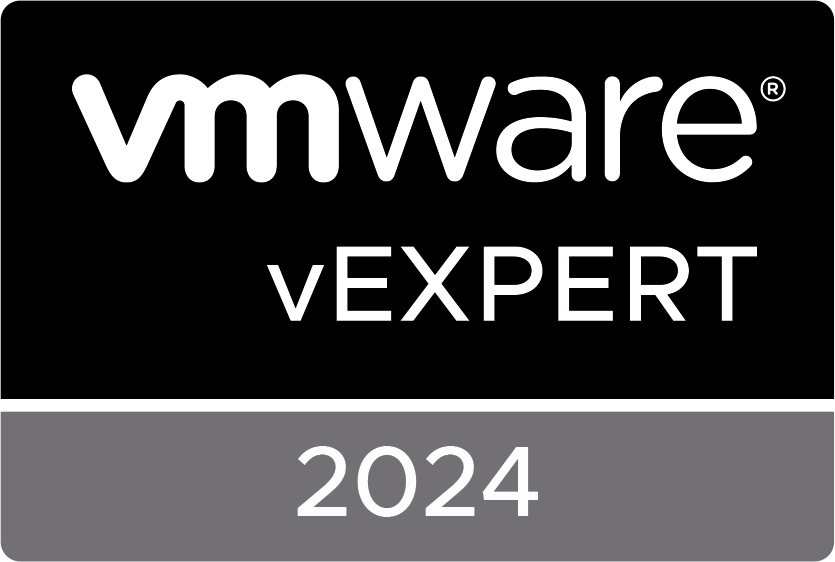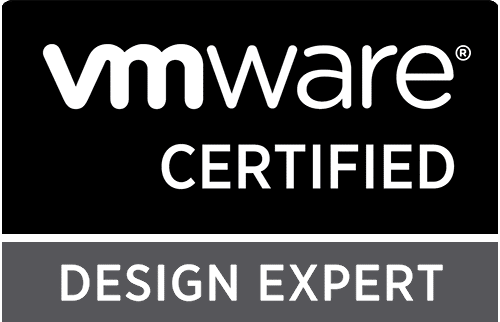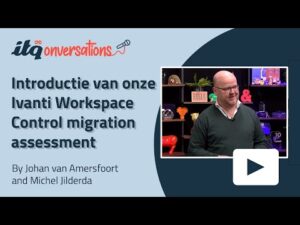Almost every customer we talk to has some form of cloud migration or degree of cloud adoption on its roadmap. This is a big shift compared to one or two years ago. Where the big question back then was "should we move to the cloud?", the biggest question now is "how should we move to the cloud?". A lot has happened in the period in between.
Acknowledgement of the Hybrid model
The big cloud providers are all acknowledging the hybrid model. AWS is working closely together with VMware to deliver a seamless hybrid cloud experience with VMware Cloud on AWS. Google announced Anthos, a hybrid- and multi-cloud platform that brings Google Kubernetes Engine (GKE) to on-premises data centers and other cloud providers. Microsoft has joined forces with Virtustream and Cloud Simple to deliver "Azure VMware Solution by CloudSimple". It's no surprise all cloud providers are eagerly looking at the hybrid model. According to a recent Gartner study, there are over 70 million Virtual Machines still running in on-premises data centers. That is a huge market potential!
“Nearly all enterprises that AWS works with today start out with a significant on-premises footprint and take a hybrid approach to cloud computing.” - Andy Jassy, CEO Amazon Web Services
Traditional applications versus cloud
Now, most of these 70 million Virtual Machines are still running 2nd generation applications that follow an n-tier architecture. This means they likely have a web tier, application tier and/or data tier. We've been protecting these applications with measures in the infrastructure for years, such as enterprise-grade hardware, redundant components, vSphere HA and so on. These application architectures are less suitable to run on native clouds such as AWS or Azure. These native clouds are built from a fundamentally different perspective. In native clouds, applications should be resilient to infrastructure failures. Now, you can see the mismatch here. We are coming from "enterprise-grade data center" mindset and are moving to a cloud infrastructure 'design for failure" mindset. Now, businesses should no doubt embrace the cloud-native approach, but what about all these existing applications? They are not going away overnight. To emphasize, IBM is still consistently generating around $ 1.5 billion(!) revenue with their mainfraimes.
VMware Cloud on AWS to the rescue
This is where VMware Cloud on AWS excels. By running a fully-managed VMware Software-Defined Data Center on the AWS global cloud infrastructure as a cloud service, consistent hybrid cloud infrastructure enables you to easily migrate your VMware Virtual Machines running existing applications into the cloud without any conversion involved. VMware Cloud on AWS is "just" running VMware vSphere, just like your on-premises data center. That means you get the same capabilities in VMware Cloud on AWS as in your own data center. 2nd Generation applications can now safely and reliably run in the cloud without giving it a second thought. If you can run a specific Virtual Machine in your data center, you are guaranteed it will run reliably on VMware Cloud on AWS.
This also means you don't have to extensively train your staff. If your team is confident in managing vSphere, they can manage VMware Cloud on AWS. In fact, they can focus more time and energy on really helping the business, because all the heavy lifting of managing an SDDC is offloaded to VMware. VMware manages the entire SDDC platform so you can focus on the Virtual Machines and the applications.
Unique partnership that’s driving innovation and R&D
VMware Cloud on AWS is the result of a unique partnership between the global market leader in public cloud and the global market leader in enterprise data centers. It is a jointly engineered solution in which both VMware and AWS engineering and R&D teams are working closely together to deliver innovative solutions that combine the unique strengths of both solutions. A prime example is Elastic vSAN. Instead of running vSAN on expensive local NVMe flash drives with relatively limited capacity, VMware and AWS worked together to run vSAN on top of AWS's massively scalable block storage solution called Elastic Block Storage. This enables customers with a larger storage footprint to effectively balance their compute and storage capacity. This form of innovative collaboration is unique to VMware Cloud on AWS.
What's often neglected by many people is the benefit of VMware managing VMware Cloud on AWS. This is a massive shift. VMware used to simply develop and deliver the software plus support. Now, they are managing SDDC's across the globe, providing tons of feedback they can push directly into the engineering and development teams. Again, a benefit unique to VMware Cloud on AWS.
ITQ and VMware Cloud on AWS
We see huge potential value for many of our customers in VMware Cloud on AWS. ITQ is deeply committed to VMware Cloud on AWS. We have been a VMware Cloud on AWS Solution Provider Partner with the VMware Cloud on AWS Solution Competency since launch date. Together with VMware, ITQ was proud to be a Gold sponsor of the AWS Summit Belenux 2019 in Amsterdam.

We talked to many, many people about the benefits and use cases of VMware Cloud on AWS and delivered a presentation on how VMware Cloud on AWS delivers the fastest path to hybrid cloud. We elaborated on cloud migration strategies, how to evaluate your application landscape, how to pick a fitting strategy for different types of applications and much more. If you missed this event and want to learn how VMware Cloud on AWS can be of value to your business, please reach out to me. I would love to chat about cloud strategies, VMware Cloud on AWS use cases, benefits and so on.






